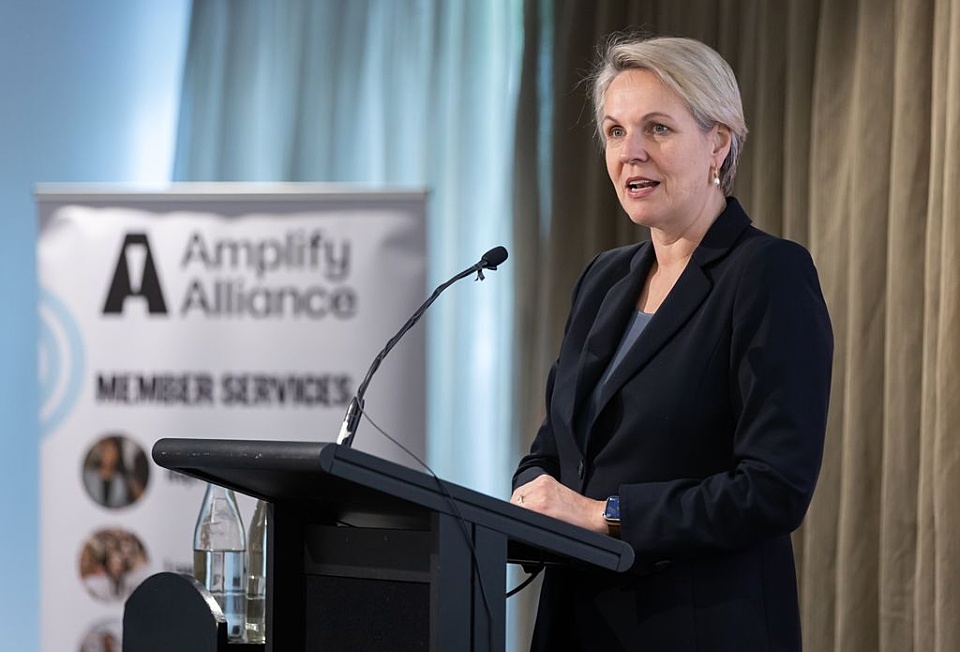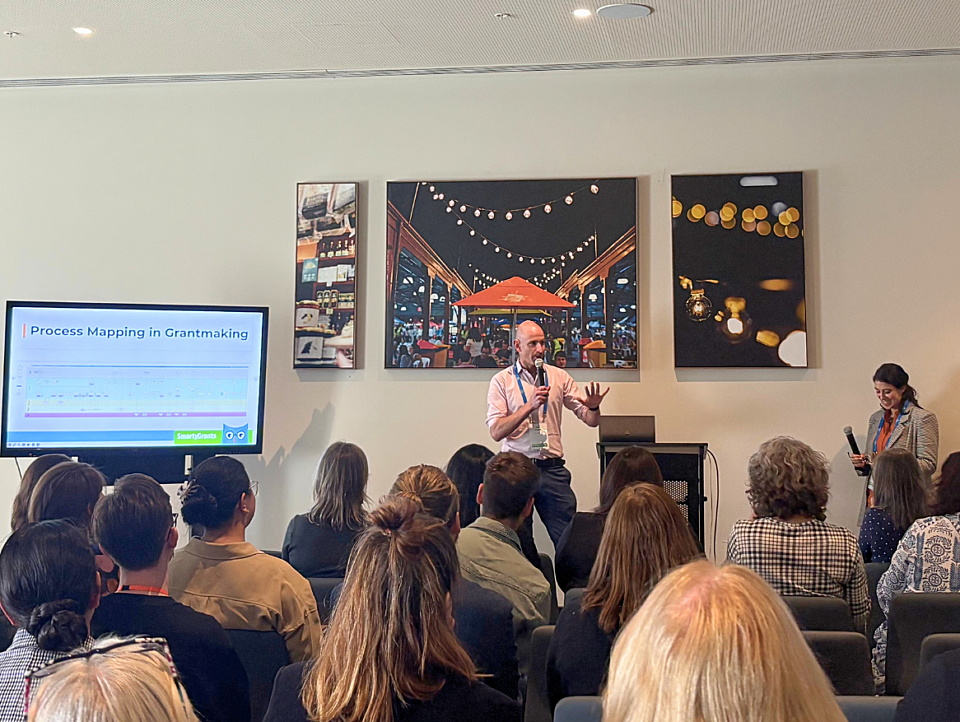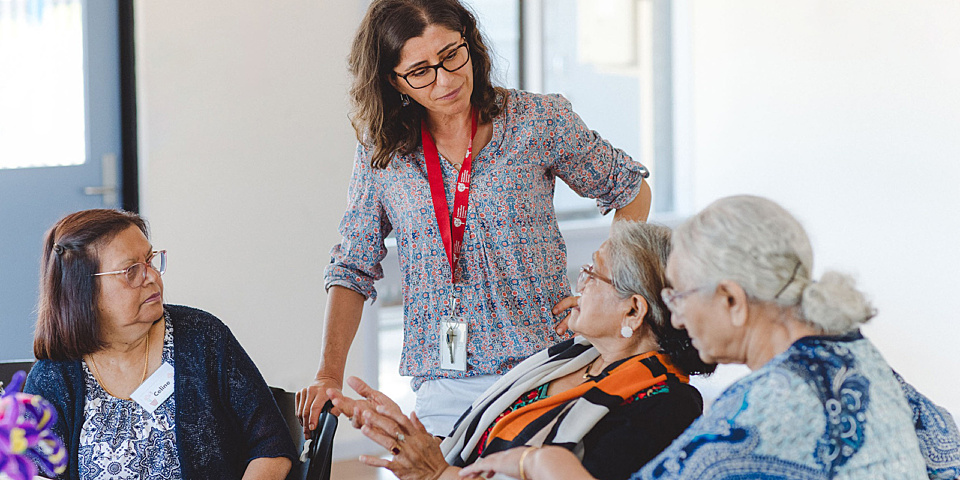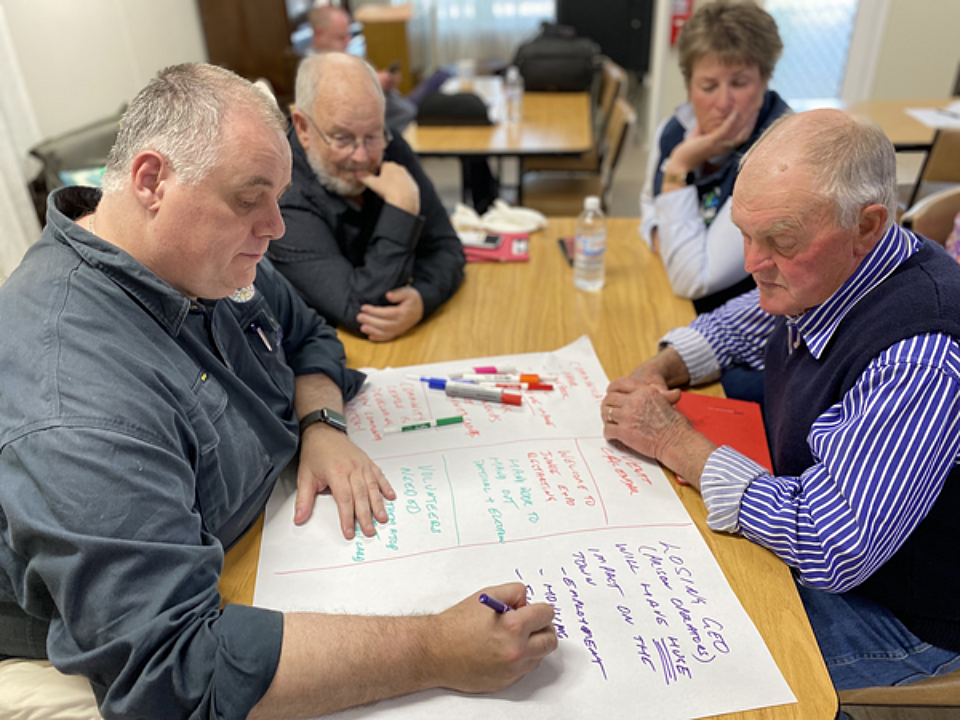
Feds flag human services grants shakeup
Posted on 15 Dec 2025
The federal government is trialling longer-term contracts for not-for-profits that deliver…
Posted on 10 Dec 2024
By Greg Thom, journalist, Institute of Community Directors Australia

Corporate and philanthropic organisations are increasingly engaging women and girls to help co-design giving programs through a gender lens according to a new study.
The Australians Investing in Women (AIIW) State of Gender-wise Giving Survey 2024 revealed that one in three corporates and one in two philanthropic organisations are actively working to ensure the voices of women are heard and that their giving needs are addressed.
AIIW said the inclusive approach not only empowers women and girls but also leads to more effective and meaningful outcomes.
First conducted in 2023, the survey reviews the philanthropic efforts of the Australian Financial Review Top 50 corporate and philanthropic organisations in relation to gender equity and giving.
The annual snapshot provides a benchmark against which the nation’s leading giving organisations can assess their gender-wise giving strategies, while also helping the not-for-profit sector and policymakers to better understand the degree of gender-focused philanthropic giving in Australia.
The 2024 survey found:
In philanthropic organisations, in contrast, applications of a gender lens in HR, leadership and giving programs were consistent.
The survey also revealed a 41% rise in awareness among corporate and philanthropic donors about the work of AIIW.

“Despite being a modern and sophisticated economy, harmful gender norms persist, limiting equal power and opportunities in both domestic and professional spheres. This inequality hinders individual and collective progress.”
Political sensitivity: Trustees’ individual interests and the part-time nature of their roles can make it difficult to align gender-wise giving with broader organisational strategies.
Knowledge gaps: Trustees often lack the necessary training and insights to prioritise gender equity in their organisations’ giving strategies.
Influence of founder and family interests: Family foundations continue to be influenced by the wishes of founders or family members, influencing the focus (or lack of) on gender equity in giving decisions.
Lack of formal tools and processes: Many organisations, particularly those in the early stages of their philanthropic efforts, lack the formal tools, systems, and processes to confidently measure and track gender-wise giving.
Appetite to implement: Some organisations are concerned that imperfect assessment is worse than no assessment.

AIIW CEO Julie Reilly said the survey findings served as a call to action for organisations across the corporate and philanthropic sectors to better integrate gender equity into their strategies and operations.
“As we face the reality indicated by the World Economic Forum that it will take 134 years globally to achieve gender equality, we must act urgently to ensure future generations inherit a fairer, more inclusive world,” she said.
Reilly said Australia still ranked 24th on the Global Gender Gap Index.
“Despite being a modern and sophisticated economy, harmful gender norms persist, limiting equal power and opportunities in both domestic and professional spheres. This inequality hinders individual and collective progress.”
Reilly said a gender lens was not just a tool but a critical inquiry that uncovered unconscious bias and addressed harmful gender norms, enabling the design of research and programs that truly advance gender equality.
“I often say that a gender lens and a climate lens are foundational.
“Everyone has a gender identity that shapes how they experience the world, just as we all share the experience and responsibility living on this planet,” said Reilly.
“Beyond these, there are many other vital considerations – such as age, ability or disability and ethnicity – that are critical to understanding and addressing systemic issues.
“However, gender is a powerful starting point.”
Reilly said in the philanthropic world, people often talked about systems change.
“Gender is one of the most defining systems. You can't drive meaningful systems change without addressing gender."
While acknowledging a high level of awareness of the value of implementing a gender-wise approach to giving, the report found many organisations continued to face significant barriers.
Gender Compass sets right direction for women's rights

Posted on 15 Dec 2025
The federal government is trialling longer-term contracts for not-for-profits that deliver…

Posted on 15 Dec 2025
A Queensland audit has made a string of critical findings about the handling of grants in a $330…

Posted on 15 Dec 2025
The federal government’s recent reforms to the Commonwealth procurement rules (CPRs) mark a pivotal…

Posted on 15 Dec 2025
With billions of dollars at stake – including vast sums being allocated by governments –grantmakers…

Posted on 15 Dec 2025
Nearly 100 grantmakers converged on Melbourne recently to address the big issues facing the…

Posted on 10 Dec 2025
Just one-in-four not-for-profits feels financially sustainable, according to a new survey by the…

Posted on 10 Dec 2025
The Foundation for Rural & Regional Renewal (FRRR) has released a new free data tool to offer…

Posted on 10 Dec 2025
A major new report says a cohesive, national, all-governments strategy is required to ensure better…

Posted on 08 Dec 2025
A pioneering welfare effort that helps solo mums into self-employment, a First Nations-led impact…

Posted on 24 Nov 2025
The deployment of third-party grant assessors can reduce the risks to funders of corruption,…

Posted on 21 Oct 2025
An artificial intelligence tool to help not-for-profits and charities craft stronger grant…

Posted on 21 Oct 2025
Artificial intelligence (AI) is becoming an essential tool for not-for-profits seeking to win…